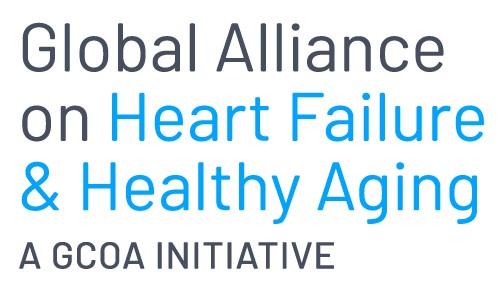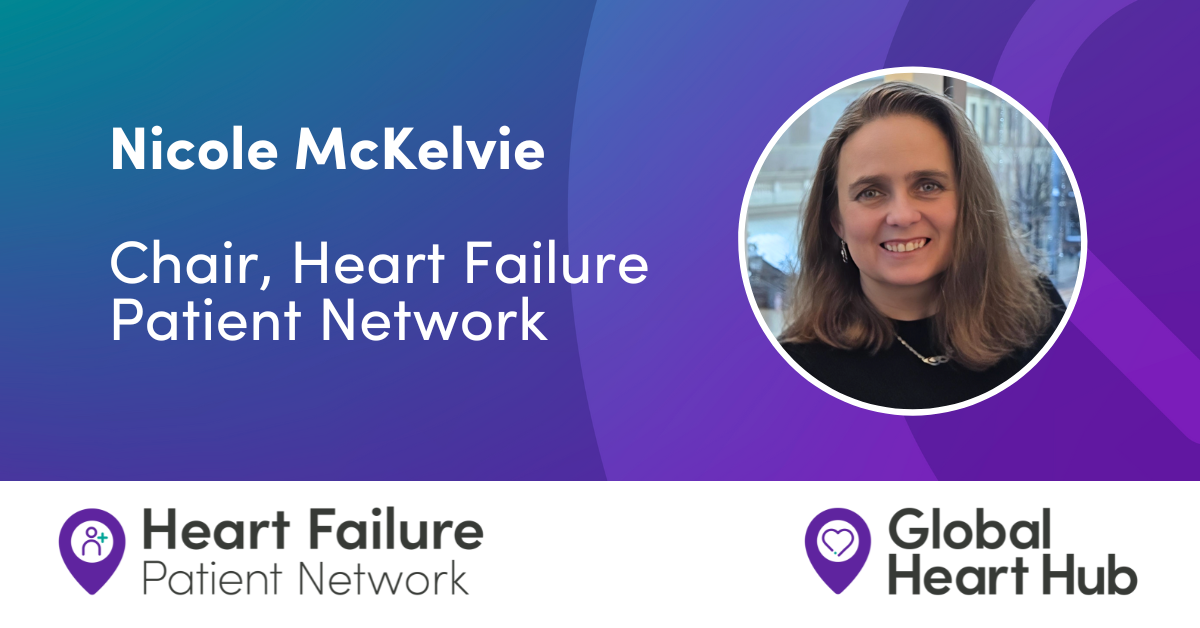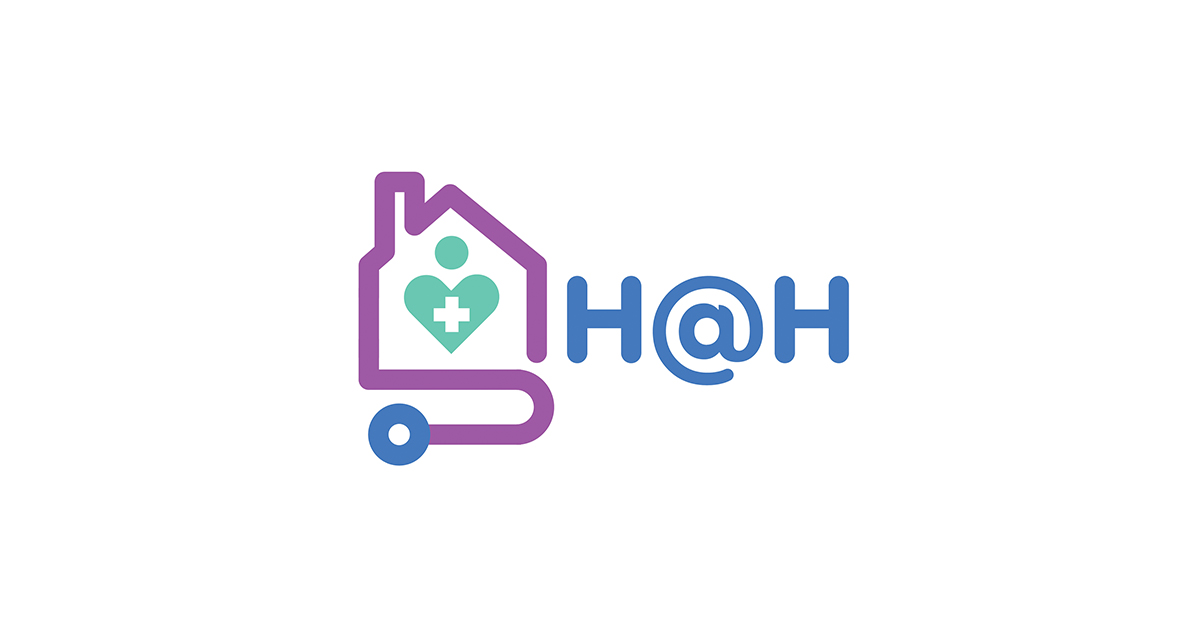Global Alliance on Heart Failure & Healthy Aging Launches Best Practices Report on Heart Failure Detection, Diagnosis, Treatment and Care
The report highlights the importance of better detection and earlier diagnosis, a life-course and multidisciplinary management approach to heart failure (HF), and care-delivery models that are suited to older adults.

Today, the Global Alliance on Heart Failure and Healthy Aging, convened by the Global Coalition on Aging (GCOA), is launching the report “Tackling Heart Failure As We Age: Best Practices in Heart Failure Detection, Diagnosis, Treatment and Care.” The paper demonstrates that heart failure is not a normal part of the aging process but in fact can be more effectively detected and diagnosed to ensure better treatment and management of HF. By offering a clear set of success factors to improve prevention and care for heart failure and highlighting case studies from the United States and Europe, the report aims to reduce the ageism associated with HF and therefore improve the lives of those with and at risk of HF.
“Even before the COVID-19 pandemic hit, progress in heart failure care was stalled. Survival after a diagnosis of heart failure has only modestly improved in the 21st century and lags behind other serious conditions” said Michael W. Hodin, PhD, CEO of GCOA. “It’s time to rethink the way our health systems detect, diagnose, treat and care for people with heart failure. A place to start with this re-thinking is how ageism adversely shapes how we approach older people with symptoms that results in delayed or non-diagnosis too often until it’s too late.”
More people die annually from cardiovascular disease than from any other cause. As populations age, urbanization spreads, and the control of infectious and childhood diseases improves, cardiovascular disease (CVD) prominence rises alongside things like high-fat diets, smoking, and sedentary lifestyles. The increase in CVD deaths during the current COVID-19 pandemic, because of the increased risk of contracting COVID-19 or because of the lack of or hesitation to seeking medical care, points to questions about optimal treatment and care.
The report underlines the inadequacies of today’s health systems to deal with heart failure as the population of older adults keeps growing. It identifies four best practice areas to help improve HF diagnosis and care, and therefore the lives of patients living with HF and overall health system costs.
- Early heart failure detection and diagnosis efforts must be enhanced.
- Patient must be empowered through a life-course approach to prevention, detection, and management of heart failure.
- Multidisciplinary care teams led by clinicians with specialized training in cardiology can meet the varied and changing needs of people with heart failure and their families and can help to ensure seamless transitions and closely coordinated treatment efforts.
- Health systems should embrace innovative care-delivery models suited to older patients.
As heart failure affects at least 26 million people around the world, it is notably one of
the few cardiovascular conditions that is increasing in prevalence—the total cost of heart failure is predicted to increase 127% by 2030. Lending urgency to the challenge, the World Heart Federation’s heart failure roadmap estimates that there are 11.7 million cases of undiagnosed heart failure globally.
“Mortality linked to heart failure remains high, with 45-60% of people dying within the five years following a first admission to the hospital. This results in increased costs for healthcare systems, and most importantly in lower quality of life for patients and huge emotional burden for families” highlights Jean-Luc Eiselé, CEO, World Heart Federation and member of the Alliance’s Governing Board.
As the global population over 60 is predicted to double by mid-century, reaching 2 billion, it is more urgent than ever for health systems to rethink their response to heart failure.
To learn more about these key areas for action, you can access the report by clicking here.
To learn more about GCOA’s work to highlight innovative approaches to heart failure diagnosis and care as we age, check GCOA’s cross-sectoral session on heart failure, data, digital solutions and patient empowerment that took place during the World Summit of Information Society (WSIS) Forum 2020. The session was part of the first-ever “information and communication technologies and older persons” track at WSIS.






